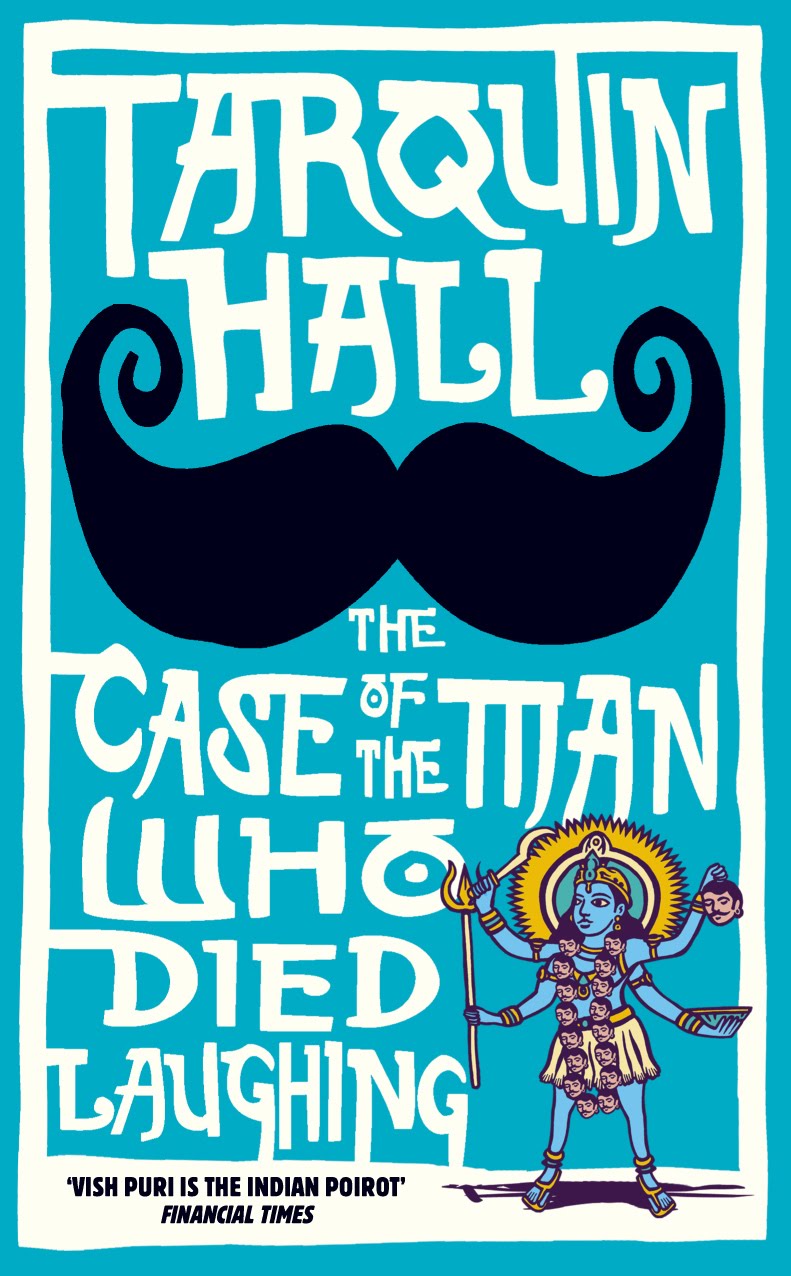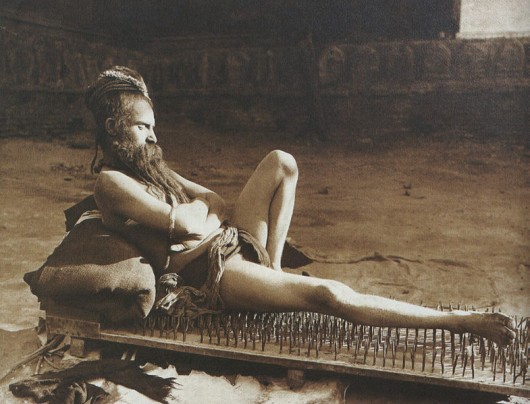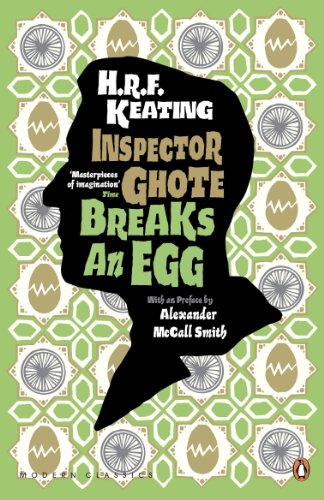
Sold!
Vish Puri, “India’s most private investigator,” is as nimble as a middle-aged Punjabi gent whose best friends call him Chubby can be. He’s quick-thinking and clever, whether he’s mollifying persnickety clients or delegating assignments to his ragtag group of operatives: Facecream, Handbrake, Tubelight, Flush, and Door Stop. Even his meddling Mummy-ji and her posse of elderly “aunties” can’t throw Vish Puri off his game (and sometimes, though he’s loathe to admit it, they actually help).
After Hall’s debut with The Case of the Missing Servant in 2009, The Case of the Man Who Died Laughing, came out last year. If there’s a third planned, however, it hasn’t been announced. Mr. Hall will have to be pretty nimble himself if he wants to challenge McCall Smith’s reign as king of the international cozy.
McCall Smith’s The Saturday Big Tent Wedding Party, No. 13 in the “No. 1” series, was released in March and The Forgotten Affairs of Youth, the eighth Isabel Dalhousie mystery, comes out in October. All told, the Scot who spent much of his life in Botswana has written 30-odd novels and shows no sign of slowing down. This pleases me for, although I can’t prove this scientifically, I firmly believe that his books improve my psychological well-being. Tarquin Hall’s Vish Puri books could potentially have the same effect.
My instinct typically leads me away from outsiders writing about cultures foreign to them. How authentic could their work be? Isn’t it better to read African writers writing about Africa and Indian writers writing about India? Yet both authors are so adept at capturing details that insiders might take for granted, I consider them exceptional.

I understand readers who quibble about the way outsider authors handle the cadence of local spoken language. “He is late,” say the characters in the “No. 1 Ladies’ Detective Agency” series when speaking of the dead. (Do people in Botswana actually use this expression?) “Don’t do tension, sir,” an underling cautions Puri. (It’s good advice, although none of my Indian acquaintances would phrase it quite that way.) Nevertheless, I simply accept these linguistic quirks as part of the novel’s ambience.
For the sake of comparison, I picked up two more Indian mystery novels at—of all places—a rummage sale in Bethesda, Maryland. One is Six Suspects by 
The other is Inspector Ghote Breaks an Egg, one of a long-running series by English author H.R.F. Keating that debuted in the 1960s and has been reissued numerous times since then. A recent British reissue features a foreword by . . .
(Do I even need to tell you?)
. . . Alexander McCall Smith.
In memoriam of H. R. F. Heating, who passed away March 27, 2011.
Leslie Gilbert Elman blogs intermittently at My Life in Laundry. She’s written two trivia books and has a few unpublished fiction manuscripts in the closet to keep the skeletons company.

Thnaks for Shaering it
Thnaks for Shaering it